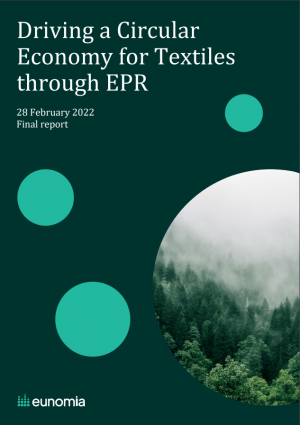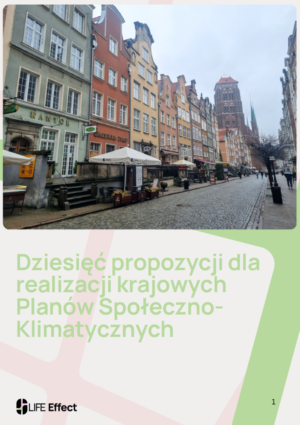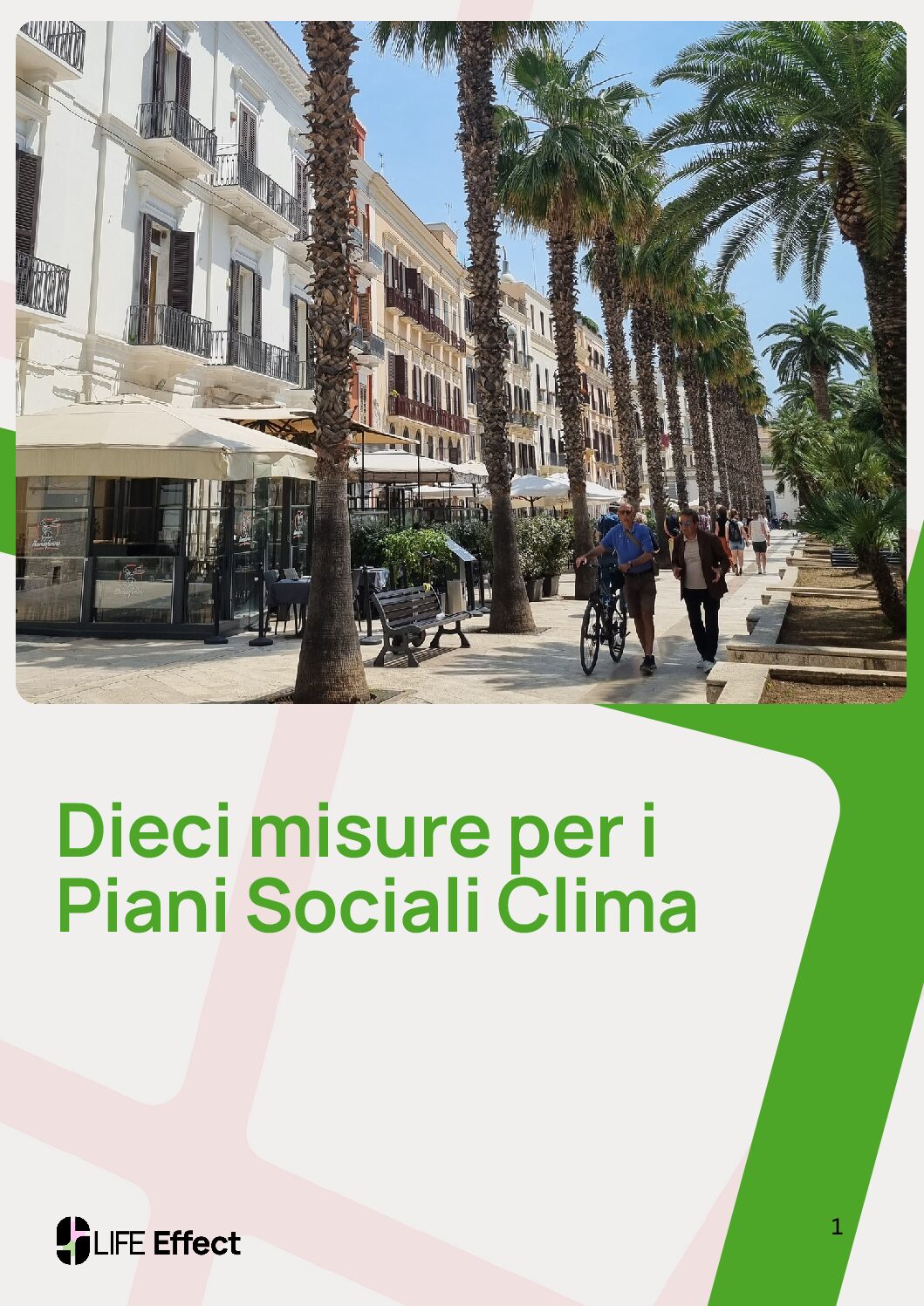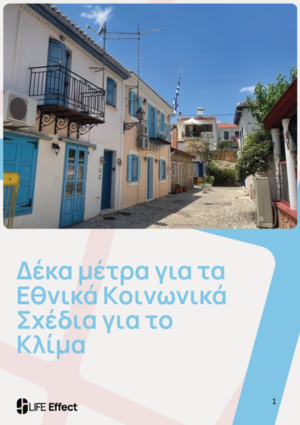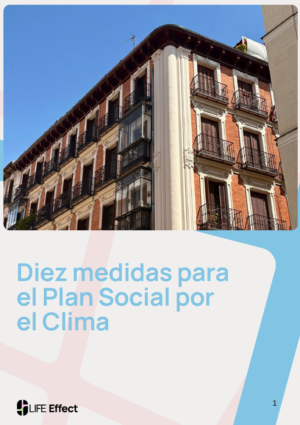
Driving a Circular Economy for Textiles through EPR
A new study from Eunomia – commissioned by the EEB and Changing Markets Foundation – explores the need for Extended Producer Responsibility for Textiles.
> The study shows that the EU should urgently set up Extended Producer Responsibility (EPR) for textiles, which involves setting fees so companies pay for the costs associated with the end-of-life management of their products. By putting in place EPR, end of life costs will be borne by producers, rather than by all tax-payers. It will also lead to equity by ensuring that people who consume the most fashion (around 27% of consumers) pay for the cost of waste. EPR and other supporting measures can also boost reuse and recycling of clothes that currently end up as waste (less than 1% of clothes are actually recycled back into clothes).
> The Eunomia study recommends that each EU Member State should implement its own EPR for textiles, while certain key elements should be harmonised at the EU level, such as performance targets (for collection, reuse and recycling), defining which producers are to be obligated, and the criteria for eco-modulation of fees based on environmental criteria related to product design. Harmonisation of these key elements across Europe will ensure clarity for producers selling across multiple Member States, reduce administrative burden in respect of reporting requirements, and increase the effectiveness in driving design changes.
> In addition, supporting policy instruments will be needed to increase the effectiveness of EPR schemes, and complement them by addressing essential issues for end of life management, notably a ban on hazardous chemicals and the introduction of minimum eco-design requirements for products placed on the EU market.

